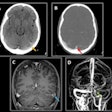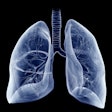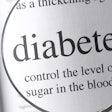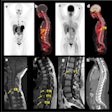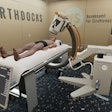Changes to practice for prostate cancer radiotherapy could save the National Health Service (NHS) tens of millions of pounds and reduce side effects and inconvenience for patients, according to Institute of Cancer Research (ICR) researchers.
On 4 November, the researchers from ICR and the Royal Marsden NHS Foundation Trust will present results of the major Conventional or Hypofractionated High Dose Intensity Modulated Radiotherapy for Prostate Cancer (CHHiP) trial showing the effectiveness of using a modern type of radiotherapy in higher doses over fewer hospital visits than is currently recommended in the NHS.
The findings supported a change in practice for prostate cancer radiotherapy, with daily treatment given in higher doses over 20 days, rather than the current lower doses over 37 days.
Similar trials from the same research group, including more than 70 U.K. centers, proved the benefits of fewer, higher doses of radiation in breast cancer and helped set National Institute for Health and Care Excellence (NICE) guidance that saved the NHS around 50 million pounds (70 million euros) a year since 2009.
The new regime for prostate cancer would save 17 hospital trips and complex radiotherapy treatments for each patient, leading to a reduction nationally of more than 150,000 visits per year, they added.
The trial, funded by Cancer Research UK, involved more than 3,200 men and compared the standard radiotherapy schedule of 37 doses of 2 Gy per day with two other regimes: one delivering 19 doses of 3 Gy per day, and the other 20 doses of 3 Gy per day. The results showed the 20-dose schedule is not inferior to the 37-dose schedule for treatment effectiveness or quality of life.









